Even though potassium is fundamental for our bodies, an excess of potassium in our diets can bring negative consequences for people who suffer from renal insufficiency and or need a diet low in potassium. Therefore, fruits low in potassium are essential for a balanced diet. Do you know which fruits contain the least amount of potassium? If the answer is no, you should consult the following ranking and make a note of the fruits low in potassium.
Fruits low in potassium
According to this food list for fruits without potassium, the acai berry, lime and blueberries are fruits without potassium that you can include in your recipes and snacks.
These fruits without potassium are ideal for renal insufficiency when calculating the recommended daily amount of potassium. If we exceed this amount or we have a diet low in potassium, the negative effects could be very severe.
Discover the fruits low in potassium and don’t forget you can also discover which foods have the most potassium in order to create a balanced diet.

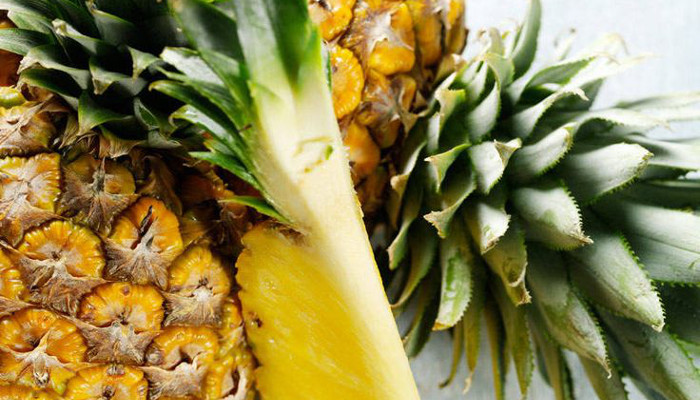
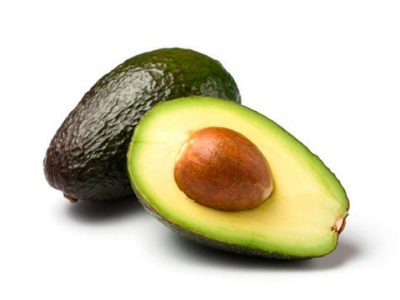
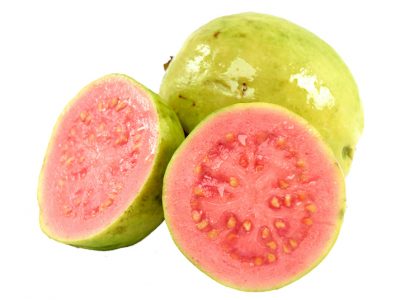
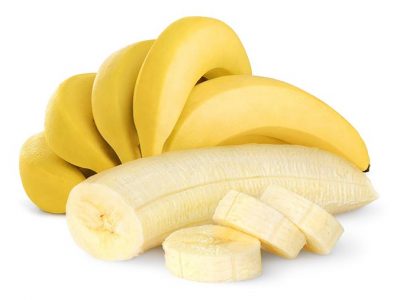
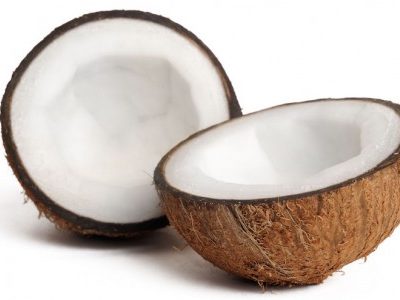
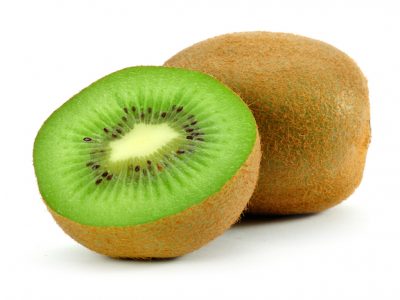
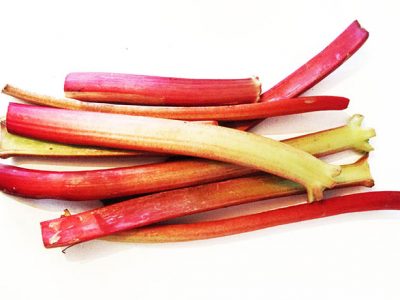
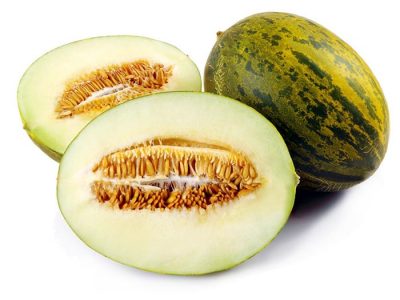
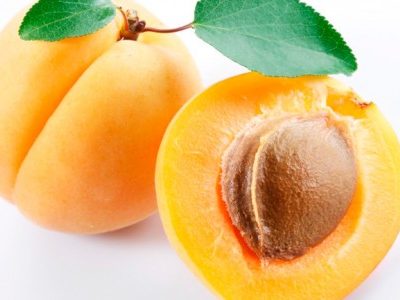
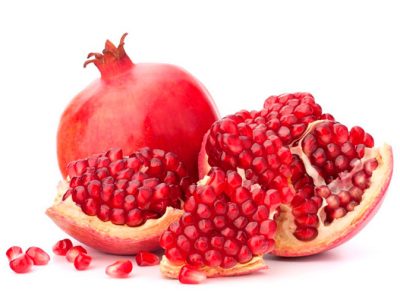
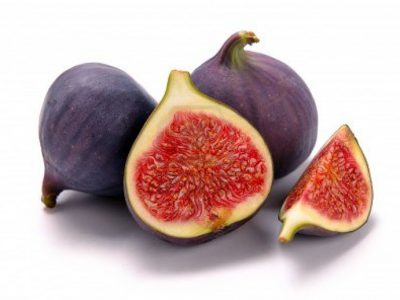
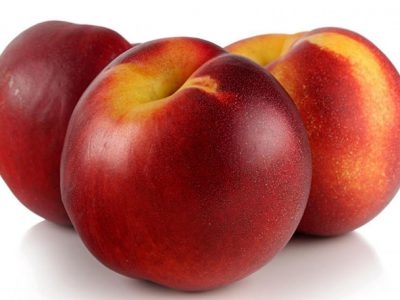
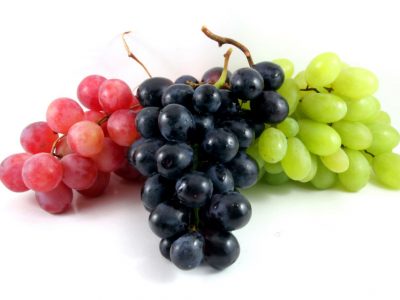
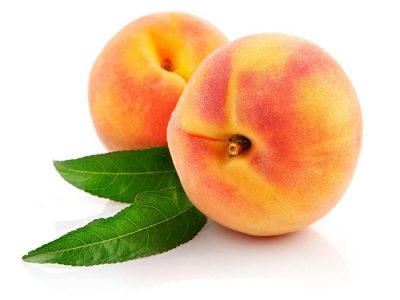
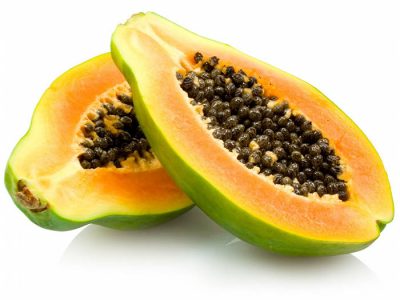
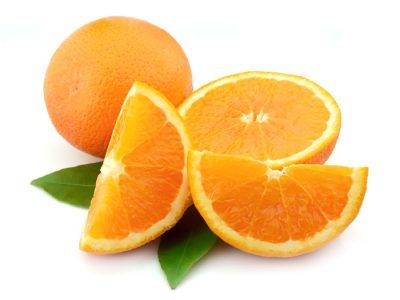
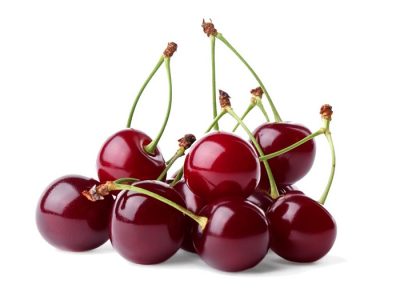
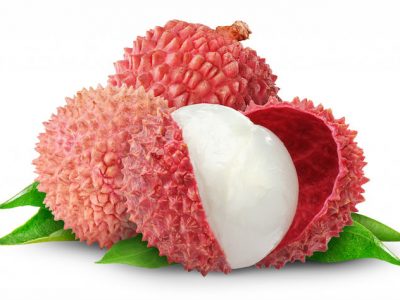
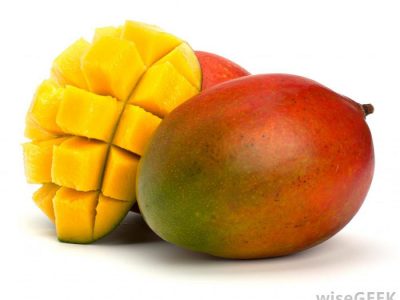
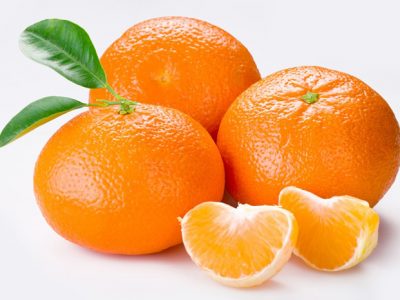
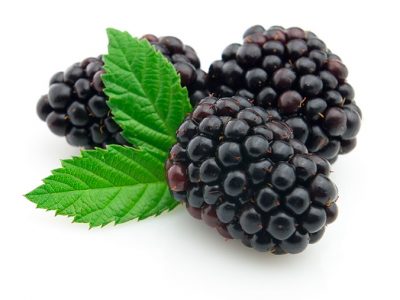
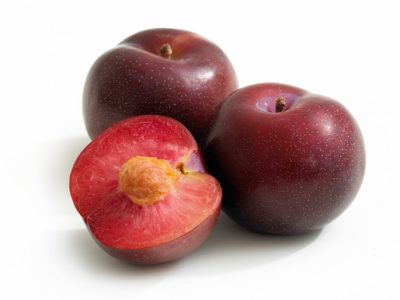
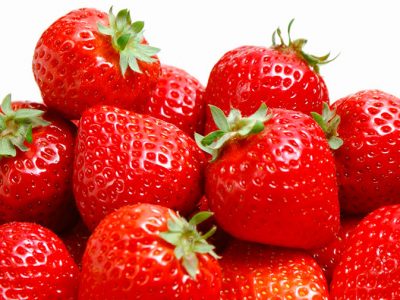
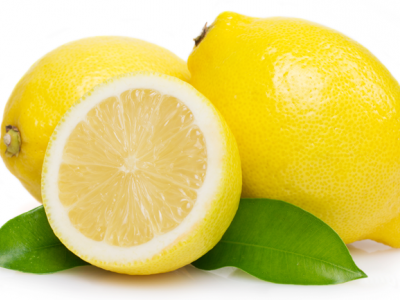
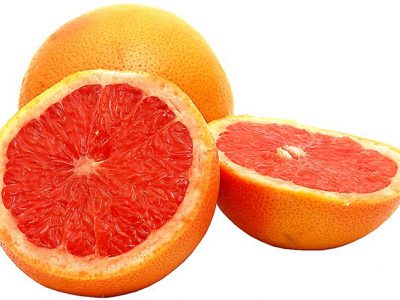
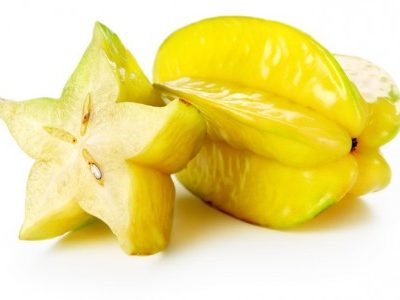
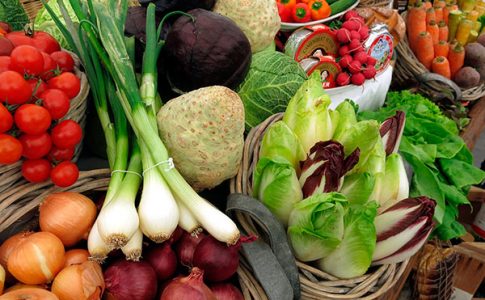
No comments